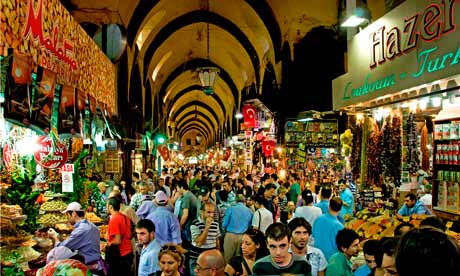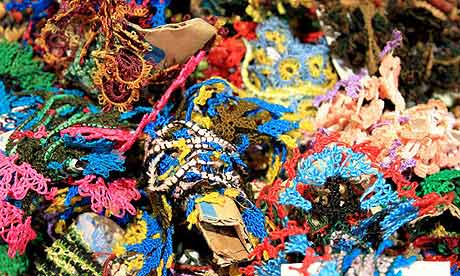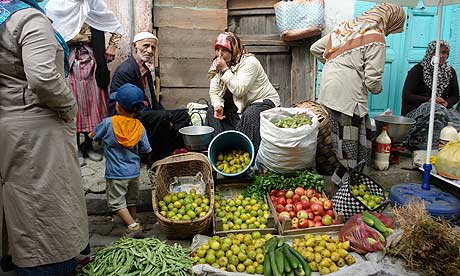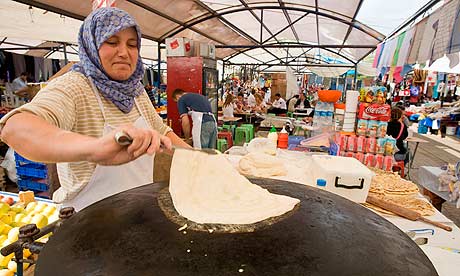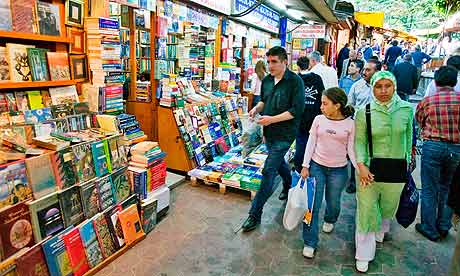You have probably noticed that Turks tend to do things in groups, not individually or in pairs, believing the more the merrier. This is probably why some Turks find it difficult when they go abroad. They perceive people of the host country as unfriendly.
Friendship implies a deep commitment to and concern for the other person. A friendship in Turkey is different from a casual acquaintance. If someone is your friend, you expect to see him or her often and to be intimately concerned with his or her life. It is important to contact friends regularly. A phone call to ask how they are, in particular if they have been ill, is appreciated. Foreigners are generally seen as “cold” if they do not do this. As I mentioned earlier, privacy is not generally understood: A Turk would expect you to ask all of the details concerning their recent doctor's visit and would assume you did not care if you didn't ask what, to you, may seem intrusive questions. They are verbally expressive and use flowery language so it is important to use phrases such as “missed you a lot.”
Western expats often think they are being told a lie when something is promised but then is not fulfilled. Working in a cross-cultural setting can have pros and cons. Whether it is work or personal, one of the biggest challenges an expat faces is to know how to react when they come across unusual behaviors in the other culture that could seem merely amusing, distasteful or dishonest. Maybe you have noticed that how you would have responded in your own culture may be different from where you are now. It's important to observe what the appropriate social consequences are for unacceptable behavior. Like most places, it can vary widely between, and even within, different parts of society. Of course, there are certain things that are across the board taboo!
The visitor needs to be careful in making comparisons because Turks are sensitive to criticism. It is important to try to understand the local worldview that puts much emphasis on core values such as shame, honor, loyalty and unity. By doing this it will enable you to recognize the patterns of deeper meaning that lie behind outward behavior.
If you are visiting Turkey you may be invited by a Turk to be shown around. Many Turks want to have every opportunity to practice speaking English. It is usually OK but there have been some who have been taken advantage of, so just be wise. In general, Turks are extremely proud of their nation, its past, and Atatürk's reforms. They will want to take you to see historical sites and also to modern facilities to show that Turkey has all the amenities available in Europe.
It used to be that Turks felt it was their personal responsibility for the success of a visitor's stay. This is still true to some degree. They do not want the guest to be disappointed. If you are staying with a Turkish family, they will often plan a series of outings for you, so be ready for this! If they feel that you are not enjoying yourself, they may double their efforts to ensure their visitor has a good experience. Sometimes replies that they give to your questions may not be totally truthful because they do not want to disappoint you.
After being in Turkey for a while, you will learn to phrase your questions with care. An experienced shopper in the market would not ask, “These peppers aren't hot and spicy, are they?” Such a question is guaranteed to get the answer “no,” as the shopper has expressed a clear preference. It is far safer to ask, “Are these spicy or not?” in a way that prevents the vendor from guessing the answer you want!
Turkish work and social life in many ways is still very much governed by etiquette, custom and, above all, an intricate network of relationships.



